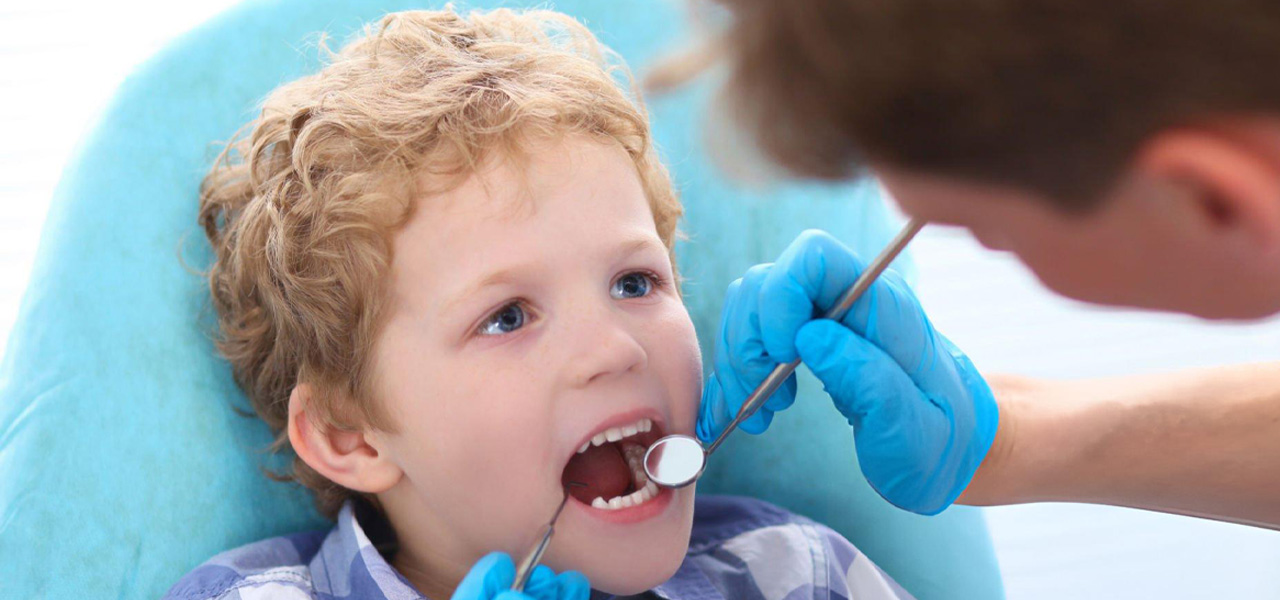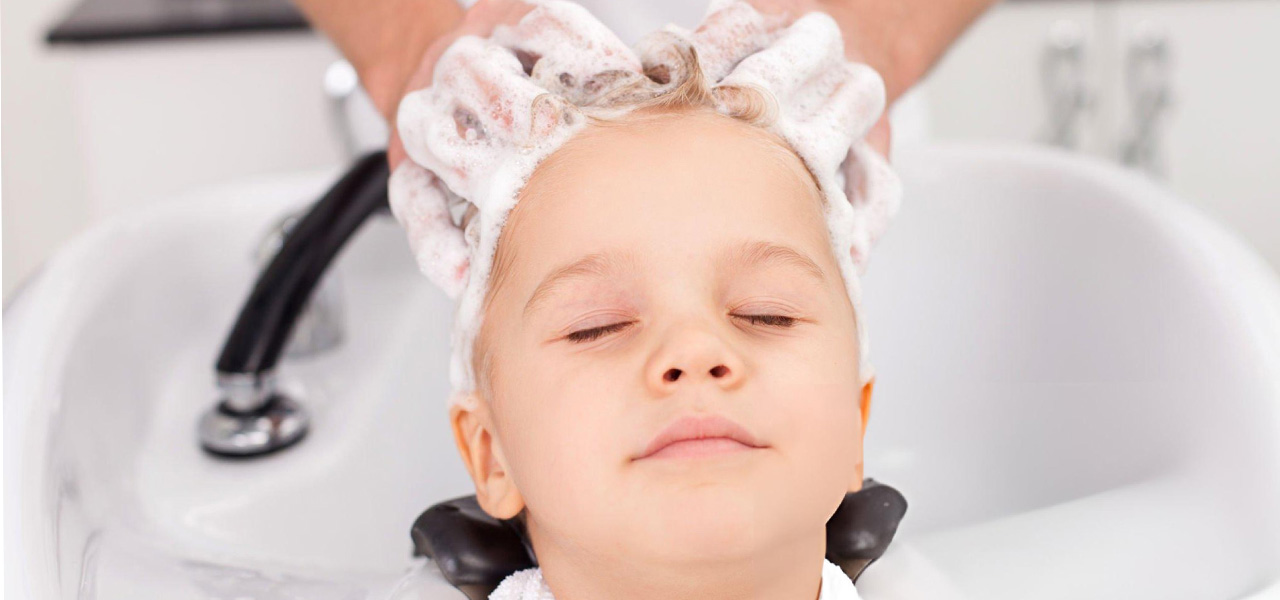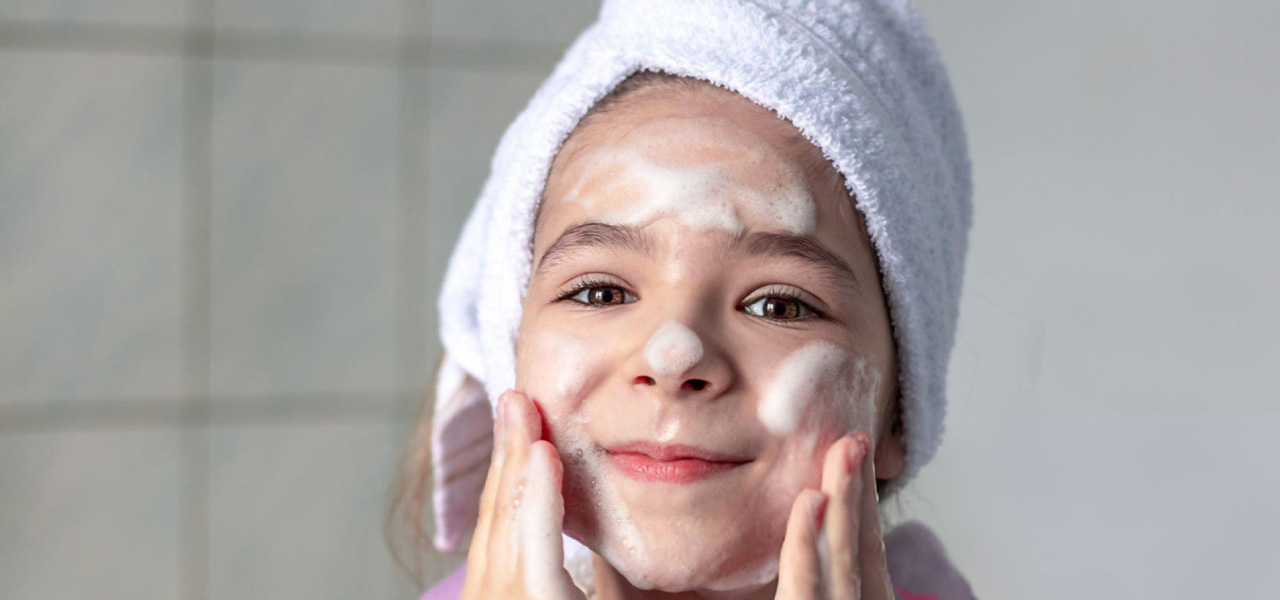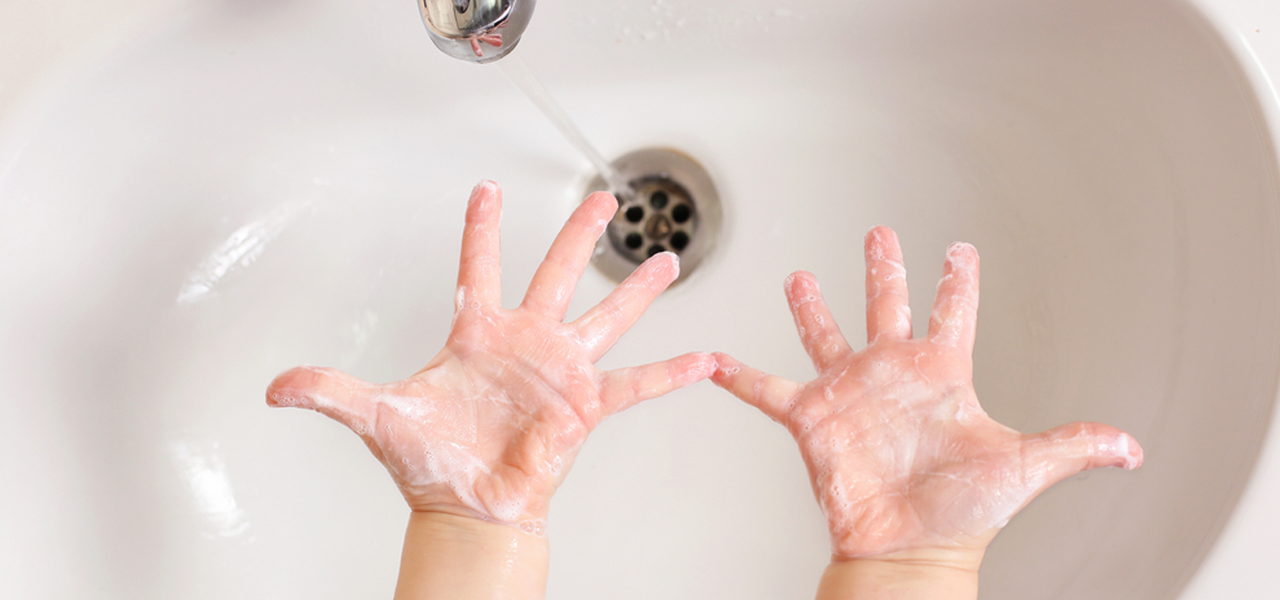In the journey o f raising children, one of the pivotal skills to impart is self-grooming. Beyond the basics of hygiene, self-grooming encompasses a range of habits and practices that empower children to take care of themselves independently. Teaching these skills not only fosters a sense of responsibility but also nurtures confidence and self-reliance from a young age.
Why Is Self-Grooming Important for Children?
In the developmental journey of every child, learning self-grooming skills is not just about looking neat and presentable. It plays a crucial role in their overall growth and well-being, influencing both their physical health and emotional development. From brushing teeth to dressing appropriately, these seemingly mundane activities contribute significantly to a child’s sense of independence, self-esteem, and social confidence.
Firstly, self-grooming routines instill a sense of responsibility and independence in children from a young age. When kids learn to brush their teeth, wash their face, comb their hair, and dress themselves, they are taking small but significant steps towards self-sufficiency. These routines teach them the importance of personal care and hygiene, laying a foundation for lifelong habits that promote health and well-being.
Moreover, mastering self-grooming skills enhances a child’s self-esteem. Feeling clean and well-groomed boosts their confidence and self-image, which is vital during their formative years. Children who are confident in their appearance are more likely to engage positively with peers and adults, contributing to better social interactions and overall emotional stability. This self-assurance is not just superficial; it extends to their academic and personal pursuits, fostering a positive attitude towards challenges and accomplishments.
Self-grooming also promotes discipline and routine in children’s daily lives. Establishing a morning or bedtime routine that includes self-care activities helps them understand the importance of structure and consistency. These routines teach valuable time management skills and cultivate a sense of orderliness, which are crucial for academic success and later life responsibilities.
changes during puberty. Teaching them early on about the importance of skincare, grooming products, and personal hygiene helps them navigate these transitions with confidence and self-assurance. Self-grooming is more than just keeping clean; it’s about developing habits that contribute to overall well-being and social competence. Here are some key reasons why child self-grooming is crucial:
- Personal Hygiene: Teaching children how to bathe, brush teeth, and maintain clean clothes instills good hygiene practices that are essential for health.
- Building Independence: Self-grooming encourages children to take responsibility for themselves, promoting independence and reducing reliance on caregivers.
- Boosting Self-Confidence: Mastering self-care tasks enhances children’s confidence in their abilities and appearance, positively impacting self-esteem.
- Social Skills: Being well-groomed teaches children about societal expectations and prepares them for social interactions by promoting a positive self-image.
Essential Self-Grooming Skills to Teach Children:
- Bathing and Showering:
- Teach children how often to bathe and shower based on their age and activity level.
- Demonstrate proper techniques for washing hair, body, and private areas.
- Introduce the use of soap, shampoo, and conditioner, emphasizing thorough rinsing.
- Oral Hygiene:
It’s essential to teach children the importance of brushing their teeth at least twice a day with fluoride toothpaste. This simple habit not only maintains their dental health but also prevents tooth decay and gum problems. By establishing a routine early on and making brushing a fun and interactive activity, caregivers can instill lifelong habits that promote healthy smiles and overall well-being. Show them how to floss properly to remove food particles and prevent cavities.
Regular dental check-ups and visits to the dentist are crucial for maintaining oral health. These appointments help identify and prevent dental issues early, ensuring healthy teeth and gums. By scheduling regular check-ups, caregivers ensure children receive professional dental care, including cleanings and preventive treatments, which can prevent costly and painful dental problems later on. Encouraging routine visits to the dentist supports overall dental hygiene and fosters a lifetime of healthy smiles.
- Hair Care:
- Teach children to brush and comb their hair gently to avoid tangles.
- Demonstrate how to wash and condition hair based on hair type and length.
- Encourage them to keep their hair neat and tidy, considering hairstyles appropriate for different occasions.
- Dressing Skills:
- Teach children how to choose appropriate clothing for different weather conditions and activities.
- Show them how to dress independently, including buttoning shirts, tying shoelaces, and zipping up jackets.
- Encourage them to take care of their clothes by folding them neatly and putting them away properly.
- Skin Care:
- Teach children about skincare basics, such as washing their face with mild soap and water.
- Discuss the importance of moisturizing dry skin and using sunscreen to protect against sunburn.
- Show them how to identify and treat minor cuts, scrapes, and insect bites.
Strategies for Teaching Self-Grooming Skills:
- Lead by Example
Children learn best through observation and imitation. Model good grooming habits yourself to set a positive example. Leading by example is a powerful way to teach children the importance of self-grooming. Caregivers who prioritize their own personal hygiene demonstrate firsthand the value of these habits. Children naturally emulate behaviors they observe, making it essential for adults to showcase consistent practices like bathing, brushing teeth, and dressing neatly. By modeling these routines with enthusiasm and positivity, caregivers not only instill good habits but also inspire children to take pride in caring for themselves. This approach lays a strong foundation for children to develop independence, responsibility, and a lifelong commitment to self-care.
- Make it Fun and Age-Appropriate
Incorporate self-grooming into daily routines in a playful and engaging manner. Use picture books, songs, or games to teach younger children about hygiene practices.
- Encourage Independence
Give children opportunities to practice self-grooming skills independently, providing gentle guidance and praise for their efforts. Encouraging independence in children through self-grooming fosters crucial life skills from an early age. By nurturing habits like washing hands, grooming hair, and dressing themselves, caregivers promote autonomy and confidence.
This not only instills a sense of responsibility but also prepares children to navigate daily challenges independently. Providing gentle guidance and positive reinforcement during these activities nurtures their self-esteem and encourages a lifelong commitment to personal hygiene and self-care.
- Be Patient and Supportive
Learning self-grooming takes time and practice. Be patient with children as they develop these skills and offer encouragement along the way. Being patient and supportive is crucial when guiding children through the process of self-grooming. It’s a journey of learning and development where caregivers play a vital role in nurturing confidence and independence.
By offering encouragement and gentle guidance, caregivers create a positive environment where children feel safe to explore and master self-care routines. Patience allows children to learn at their own pace, while support reinforces their efforts and boosts self-esteem. Together, these qualities foster a strong foundation for lifelong habits of personal hygiene and self-confidence.
- Establish Routine
Create a daily routine that includes time for self-grooming activities. Consistency helps children understand expectations and form habits. Caregivers can enhance the effectiveness of these routines by making them enjoyable and engaging. Incorporating playful elements or storytelling during grooming activities can turn daily tasks into bonding moments while reinforcing positive habits. Moreover, praising children for their efforts and achievements in self-grooming encourages their autonomy and self-esteem.
Ultimately, establishing a routine centered around self-grooming empowers children to navigate their daily lives more independently and confidently. It sets a foundation for lifelong habits that promote personal hygiene, health, and self-respect, preparing them for future challenges and successes.
Child Self-Grooming: Fostering Independence and Confidence:
Childhood is a critical period for learning essential life skills, and self-grooming ranks among the most important. Beyond maintaining hygiene, self-grooming empowers children to take responsibility for their well-being, nurtures independence, and builds confidence from an early age. As caregivers, equipping children with these skills not only prepares them for adulthood but also lays the foundation for a healthy self-image and social integration.
Self-grooming encompasses a range of daily habits that contribute to personal hygiene and appearance. Beyond the basics of cleanliness, it teaches children responsibility, independence, and self-esteem. Here are key reasons why child self-grooming is crucial:
- Personal Hygiene
Self-grooming teaches children the importance of cleanliness and hygiene practices such as bathing, brushing teeth, and wearing clean clothes. These habits are fundamental to preventing illnesses and maintaining overall health. Personal hygiene is crucial for children’s health and well-being. Establishing routines such as washing hands, brushing teeth, and bathing regularly not only promotes physical cleanliness but also reduces the risk of illness. Caregivers play a vital role in teaching these habits by providing gentle guidance and making hygiene practices fun and engaging. By emphasizing the importance of cleanliness and explaining how it keeps them healthy and comfortable, children learn to take responsibility for their own well-being These early lessons in personal hygiene set the stage for a lifetime of good health habits and self-care practices.
- Building Independence:
By learning to groom themselves, children develop a sense of independence and self-sufficiency. This empowerment is essential for their emotional and cognitive growth, as it encourages them to take initiative and responsibility for their actions. Teaching children the importance of self-grooming goes beyond cleanliness—it fosters independence and self-confidence. Discover how instilling simple routines like bathing and dressing neatly can empower children to take pride in themselves and develop essential life skills early on.
- Boosting Self-Confidence:
Mastering self-care tasks, from combing their hair to choosing appropriate clothing, enhances children’s self-confidence. Feeling well-groomed contributes to a positive self-image and prepares them to interact confidently with peers and adults alike. Self-grooming plays a pivotal role in boosting children’s self-confidence. By teaching them to take care of their appearance through simple routines like washing, grooming, and dressing neatly, caregivers empower children to feel good about themselves. These activities not only promote physical cleanliness but also instill a sense of pride and accomplishment. Encouraging children to make choices about their personal style and praising their efforts fosters autonomy and self-esteem. Ultimately, consistent encouragement and positive reinforcement in self-grooming habits contribute to children’s overall confidence and readiness to face the world with self-assurance.T
Conclusion:
Child self-grooming is a vital aspect of childhood development, contributing to physical health, emotional well-being, and social competence. By teaching children essential grooming skills and fostering independence, caregivers empower them to navigate the world confidently. Investing time and
In conclusion, fostering healthy habits of self-grooming in children is paramount for their overall development and well-being. By instilling these practices early on, caregivers empower children to cultivate confidence, self-respect, and social competence. Encouraging regular routines such as bathing, grooming hair, and dressing neatly not only promotes physical cleanliness but also nurtures a positive self-image from a young age. Additionally, teaching children about personal hygiene and grooming habits helps them understand the importance of respecting their bodies and maintaining good health.










